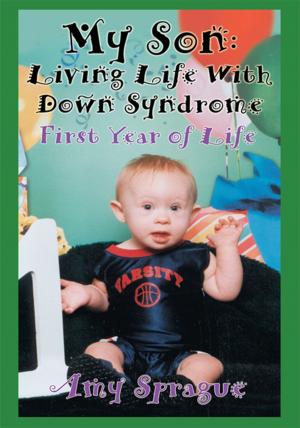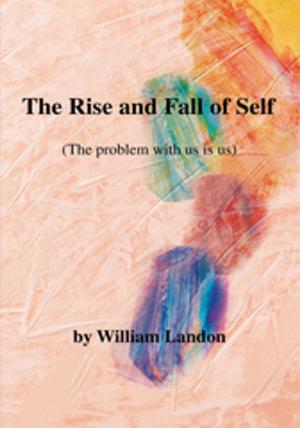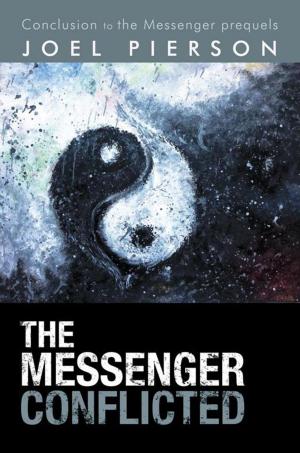The Subculture of Violence
Nonfiction, Reference & Language, Education & Teaching, Higher Education, Social & Cultural Studies, Social Science| Author: | Hassan Dibich | ISBN: | 9781450257930 |
| Publisher: | iUniverse | Publication: | October 4, 2010 |
| Imprint: | iUniverse | Language: | English |
| Author: | Hassan Dibich |
| ISBN: | 9781450257930 |
| Publisher: | iUniverse |
| Publication: | October 4, 2010 |
| Imprint: | iUniverse |
| Language: | English |
Violence is rampant in America. It is ingrained in our history and our psychology, but what cultural similarities do high-violence areas share? It has been a question tackled by academics and members of the law community since the foundation of our country; and yet, are we any closer to an answer now than we were a hundred years ago? If we are closer, why has the crime rate steadily increased? Reason would conclude that in recognizing the cultural similarities of high-violence areas, we would be able to alter these similarities and deter criminal behaviors. Even so, the behaviors are not deterred. Crime has not lessened. Studies continue, but nothing changes. Should we therefore give up? Or should our hypotheses and conclusions merely change? Author Hassan Dibich says yes to the latter. The Subculture of Violence takes a close look at the psychological and cultural hypotheses of old. Dibich delves deeply into the science of homicide and how socioeconomic and even climactic conditions affect statistics. He looks closely at communities with a high number of newcomers and single parents. He goes so far as to disprove previous logic and call for fresh research. America is being swallowed by violence. It is time for new answers, as the old brought us no closer to peace.
Violence is rampant in America. It is ingrained in our history and our psychology, but what cultural similarities do high-violence areas share? It has been a question tackled by academics and members of the law community since the foundation of our country; and yet, are we any closer to an answer now than we were a hundred years ago? If we are closer, why has the crime rate steadily increased? Reason would conclude that in recognizing the cultural similarities of high-violence areas, we would be able to alter these similarities and deter criminal behaviors. Even so, the behaviors are not deterred. Crime has not lessened. Studies continue, but nothing changes. Should we therefore give up? Or should our hypotheses and conclusions merely change? Author Hassan Dibich says yes to the latter. The Subculture of Violence takes a close look at the psychological and cultural hypotheses of old. Dibich delves deeply into the science of homicide and how socioeconomic and even climactic conditions affect statistics. He looks closely at communities with a high number of newcomers and single parents. He goes so far as to disprove previous logic and call for fresh research. America is being swallowed by violence. It is time for new answers, as the old brought us no closer to peace.















